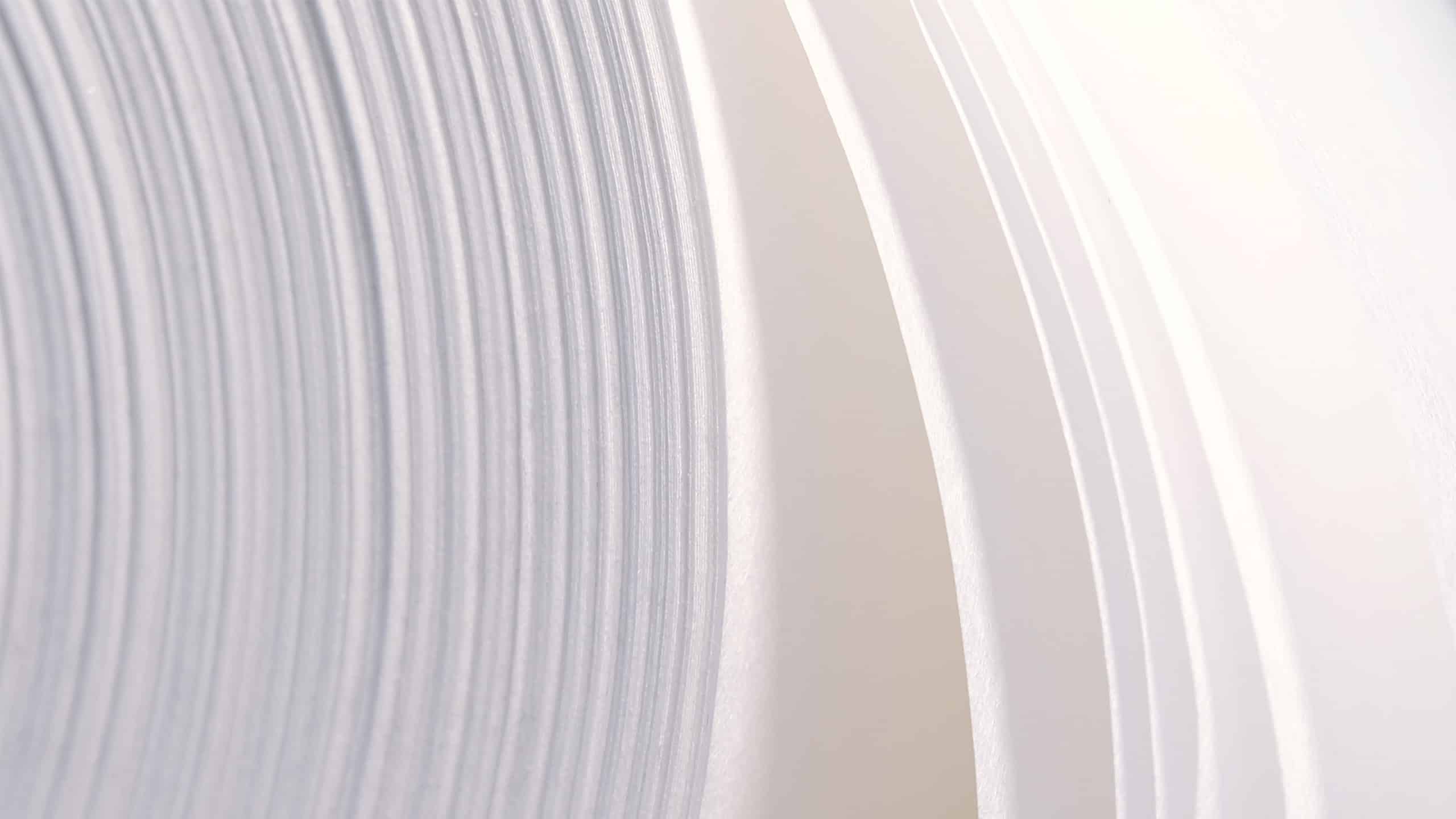Why choose sustainable materials for your carrier bags?

Understanding Sustainable Materials
Sustainable materials are essential to environmental preservation, as they are produced and utilized in ways that minimize negative impacts on our planet. According to the Confederation of European Paper Industries (CEPI), these materials are typically renewable, recyclable, and biodegradable, aiding in pollution reduction and conserving natural resources. In today’s market, sustainability is gaining momentum, with both consumers and businesses recognizing the importance of protecting our environment for future generations.
Choosing sustainable materials for carrier bags is crucial, reflecting a commitment to reducing carbon footprints and promoting eco-friendly practices. By opting for materials that are less harmful to the environment, companies can significantly contribute to reducing waste and pollution. This shift not only benefits the planet but also meets the growing consumer demand for sustainable products, enhancing brand loyalty and corporate reputation.
The Benefits of Fibre-Based Solutions
Fibre-based solutions offer numerous advantages for carrier bags, particularly in terms of their environmental impact. As outlined by CEPI, these materials are derived from renewable resources like wood, which can be replenished over time, unlike finite resources such as petroleum. This renewability makes fibre-based materials an attractive choice for sustainable packaging solutions.
Moreover, fibre-based materials typically have a lower carbon footprint compared to conventional materials such as plastics. They are biodegradable, decomposing naturally without leaving harmful residues in the environment, thereby reducing the long-term impact of waste. This makes fibre-based carrier bags a responsible choice for environmentally conscious brands.
Paptic’s Unique Approach to Sustainability
Paptic employs innovative fibre-based materials to offer sustainable packaging solutions, emphasizing responsible fibre sourcing from well-managed forests, as advocated by CEPI. This practice ensures the maintenance of ecological balance and the preservation of forest ecosystems for the future.
What sets Paptic apart is the unique combination of properties in its materials. Our products provide the durability and flexibility of traditional materials while maintaining a soft, textile-like feel. These features make Paptic’s solutions ideal for modern, sustainability-driven companies seeking to replace conventional packaging with more eco-friendly alternatives.
Why Responsible Sourcing is Key
Responsible sourcing is a critical aspect of sustainable fibre procurement, involving the acquisition of raw materials in a manner that respects environmental, social, and economic factors. For fibre-based materials, this means sourcing fibres from sustainably managed forests, ensuring that logging practices do not degrade the environment, as emphasized by CEPI.
At Paptic, we are committed to ensuring that the fibres used in our products come from responsibly managed forests. This commitment is part of our larger goal to provide sustainable packaging solutions while acknowledging the complexities of fibre procurement. By choosing responsibly sourced materials, we offer products that genuinely support environmental stewardship.
Comparing Paptic with Conventional Materials
When comparing Paptic’s fibre-based materials with traditional carrier bag materials like plastic, several advantages become apparent. Our products are designed to be more environmentally friendly, offering a reduced carbon footprint and full recyclability. This sharply contrasts with plastic bags, which significantly contribute to environmental pollution and are often non-biodegradable, as highlighted in studies from Statista and the European Environment Agency.
In terms of durability and user experience, Paptic materials provide a superior alternative. They are lightweight yet strong, offering the same functionality as heavier kraft paper bags. Additionally, the softness and foldability of our bags improve with use, making them an appealing choice for consumers who value reusability and sustainability. By choosing Paptic, companies can enhance their brand’s image as leaders in sustainable practices while providing customers with a product they can use repeatedly with confidence.
